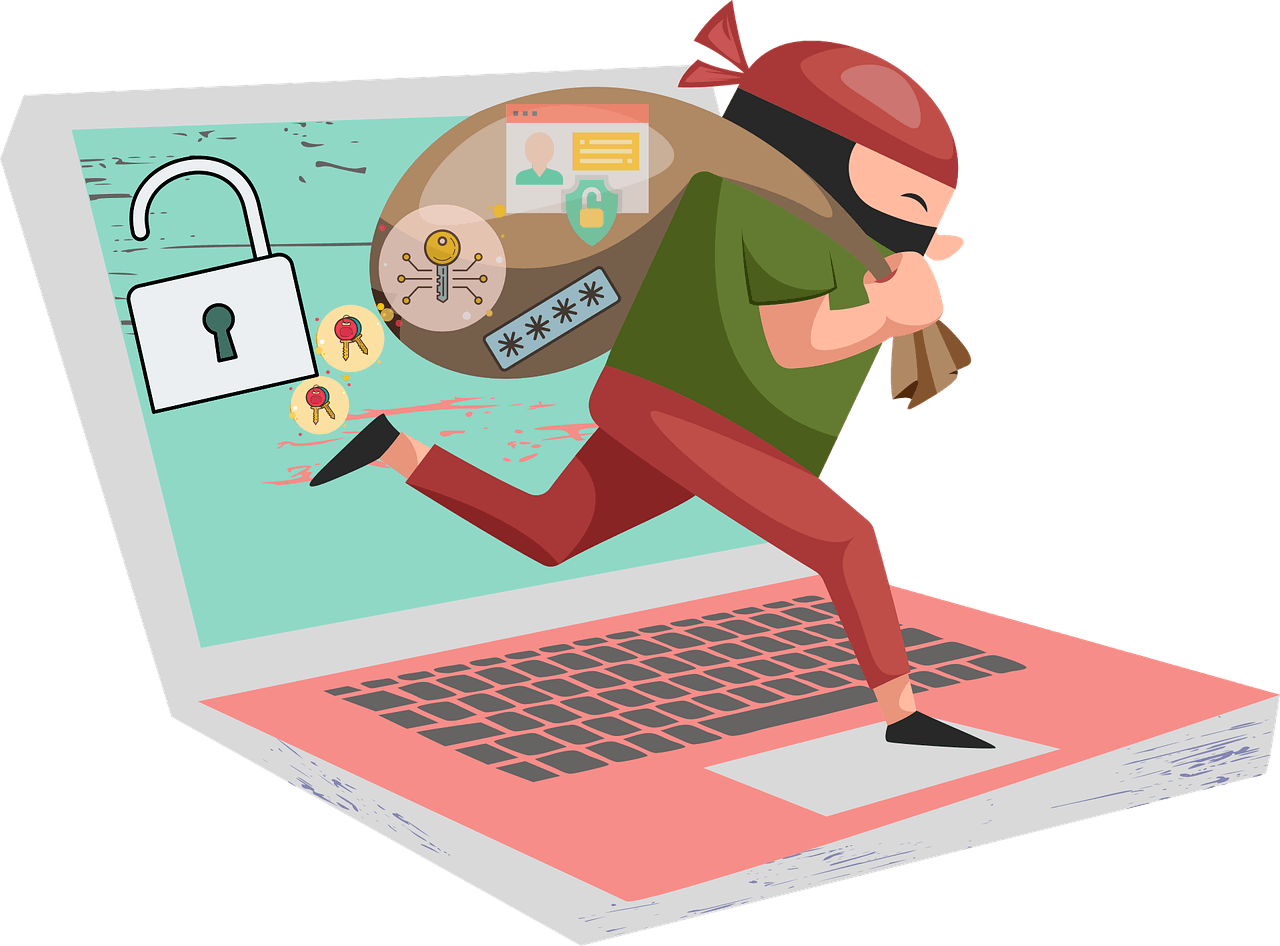Passwords... There's this kneejerk reaction people get when they see or hear the word "password" 😂. To many, passwords are something supersecret that they don't reveal to anyone. Today we're going to probe into your perception of passwords 😏.
It's an open secret that we don't create distinct passwords for each digital platform we interact with. Digital platforms now demand for strong passwords while ignoring the fact that our memories are relatively weak 😂. Because we humans enjoy leveraging loopholes, we sometimes use the same password on multiple platforms.

A relatable explanation
Where things become scary is when you weigh in the fact that people on average reuse the same password 14 times! 😓. What this means is that the bad guys who hack people's passwords need only get one of your passwords. With so many platforms being used by netizens, they have a large number of places they can try to get past you.
Now you may be thinking as long as you protect your password and don't disclose it to anyone you'd be safe yes? Well, it turns out that a secret is only a secret when one person alone knows about it. It may come as a surprise to you, but you're never the only one who knows your password 🥲. When you try to log into a platform, have you ever asked yourself how the software solutions knows you're the one and that your password is correct? 😏. That's right! the platform has your password and compares what you input (upon login) to the password you declared (previously or upon registration on the platform).

Where Cybersecurity Concerns Exist
Normally, platforms ought to be very secure in the handling of passwords, however, the reality is that every password of every user on a platform is sitting in a database table (that looks like an excel sheet) and has a column for passwords, with each row having individual user details.
Passwords are supposed to be encrypted before hitting the database table so that your password isn't laid bare to anyone who is able to take a sneak peek at the database where your details are stored. Because of the above assumptions, we tend to register on platforms before validating their security or legitimacy.
A malignant actor can simply create a website with some nifty features and get users to register on the platform, voila! the database administrator has access to passwords that can be used to attempt to compromise your entire digital identity.

Finally
All hope isn't lost. There are simple conventions that help to reduce the likelihood of this happening; using password generators (that are now a basic feature in browsers now) can help create unique passwords for each platform.
Also, registering on platforms using your favorite social platform helps in reducing the chances of something going wrong, this is because social media giants have some critical requirements that must be met before allowing developers to leverage their (the social media platform) API to enable this registration/login feature. Platforms that are secure (https) have made the development team implement some actions that make them less likely to exploit your data than platforms that are insecure (http). The little things we do compound and help stop the bad guys 😉.
